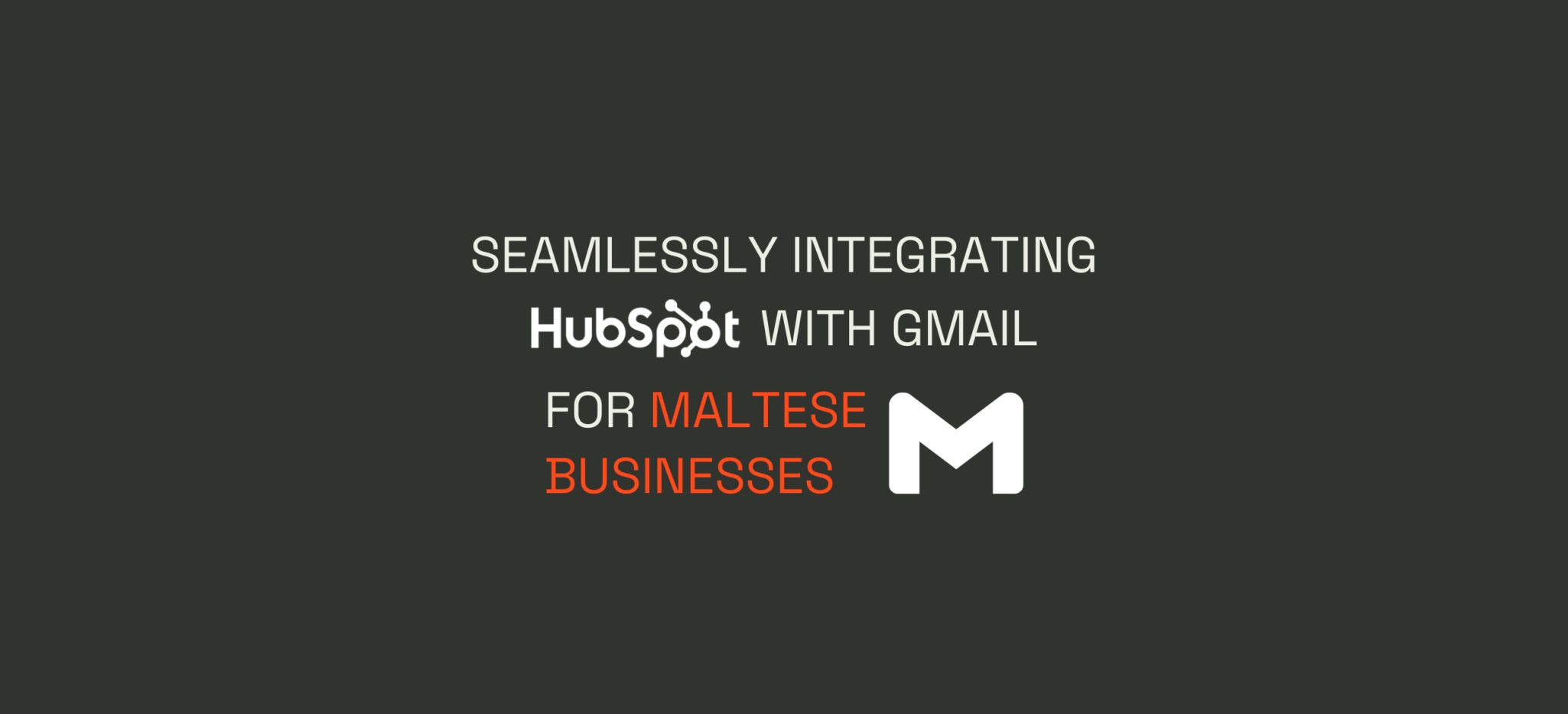
Enhancing Business Intelligence with HubSpot
Business intelligence (BI) tools provide firms with the capability to analyse data, monitor performance, and forecast future trends, therefore gaining a competitive edge.
Among these tools, HubSpot CRM stands out as a leading platform that empowers business owners and managers to develop robust business intelligence based on current data needed for decision-making.
In many ways, HubSpot transcends the role of a traditional CRM, evolving into a powerful business intelligence tool. With its real-time data capabilities and seamless integration with BI tools, HubSpot provides business owners with a comprehensive view, enabling well-informed and timely decisions.
Business Intelligence and the Potential of HubSpot
HubSpot collects a vast array of data related to various aspects of business operations, including marketing, sales, and customer service. This data is well-organized and consolidated in a single location, which simplifies analysis. One of the key advantages of integrating HubSpot with BI tools is that it allows businesses to conduct more in-depth data analysis and leverage relevant information when crafting strategies.
Using Real-Time Data for Real-Time Decisions
Another significant benefit of utilizing HubSpot for business intelligence is its ability to provide real-time data. HubSpot continuously gathers customer interaction data, sales activity information, and data on marketing campaigns, giving business owners up-to-date insights into the current state of their business. Real-time data is crucial for strategic decision-making, as it enables businesses to address issues as they arise, ensuring swift and effective responses.
Examples of Real-Time Adjustments
For instance, a sales manager can monitor the team’s online activities and quickly identify which initiatives yield positive results and which do not. This allows them to adjust their strategies immediately, aligning the team’s efforts for maximum efficiency. Similarly, marketers can track the performance of their campaigns in real-time and make on-the-spot adjustments to targeting or messaging to optimize outcomes.
Enhanced Predictive Analytics
The data collected by HubSpot also enhances predictive analytics, a key component of business intelligence. By analysing historical data, businesses can identify trends and patterns that inform future strategies. HubSpot’s custom reporting tools enable detailed analysis, helping to predict customer behaviour, sales trends, and market movements. These insights not only mitigate risks but also allow businesses to capitalize on upcoming opportunities.
The Importance of Data Integration
Integrating data from various sources is crucial for effective business intelligence. By consolidating data within HubSpot, businesses can eliminate data silos, ensuring a holistic view of their operations. This integration fosters better collaboration across departments, leading to improved decision-making and the ability to quickly identify and seize growth opportunities.
Contact our HubSpot specialist Alessandro Morreale to understand how HubSpot can help you make better business decisions.
Talk to our HubSpot specialist Ale to create a stronger customer experience. Book a commitment-free call here.
Article Written by
secteam
Similar articles you might be interested in

9H CommUnities in Tuscany: A Creative Adventure
CommUnities Trip to Tuscany - February 2024

HubSpot VS Odoo
Picking between HubSpot vs Odoo can be a tough one, both are excellent tools.But not every excellent tool will work for you. Your decision should be based on a detailed analysis of your business’s specific needs, budget, and the technical...

Seamlessly Integrating HubSpot with Gmail for Maltese Businesses
Integrating HubSpot with Gmail will significantly improve the productivity of your sales operations and CRM. This HubSpot integration can be set-up relatively easily by a Maltese HubSpot Partner Agency because it’s an off-the-shelf integration. This means that it already exists...